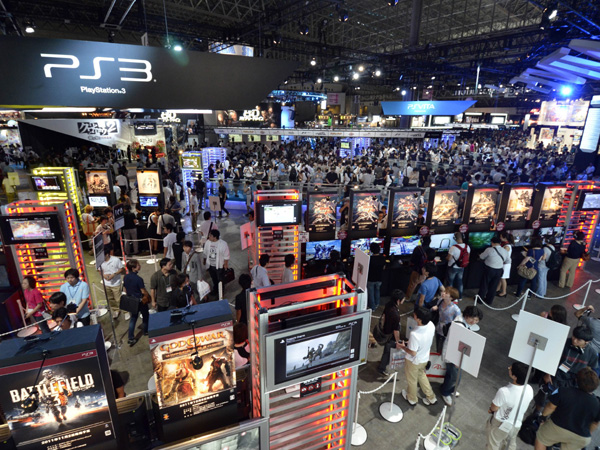
AFP FILE PHOTO
As the League of Legends World Championship tournament wrapped up at Bird’s Nest stadium in Beijing last Saturday, tens of thousands of spectators chanted the name of Chinese team Royal Never Give Up-an unexpected occurrence, considering they had just witnessed an all-Korean final.
Expectations were at fever pitch that Chinese gamers might finally get their hands on the Summoner’s Cup when RNG and fellow Chinese League of Legends Pro League team World Elite reached the semifinals.
But it wasn’t to be. Once again, the Koreans crushed the host nation’s hopes.
Despite China not being represented in the grand final, tickets-costing up to 1,280 yuan ($190)-for the 40,000-capacity event sold out in minutes.
Before long, scalpers were reselling them for up to 13,000 yuan ($1,960).
Samsung Galaxy eventually walked away with the $1 million first prize after emerging 3-0 victors over SK Telecom T1.
The spectacular showpiece, featuring a theatrical opening ceremony, pop music performances and, of course, throngs of screaming fans, provided yet more evidence of e-sports’ soaring popularity.
And some ringing endorsements from athletes from the traditional sporting sphere who attended the event hint at gaming’s growing mainstream acceptance.
“Certainly, the development of e-sports will go beyond a lot of people’s imagination,” said China’s fourtime Olympic speed skating champion Wang Meng, who is a hardcore League of Legends afficionado.
“About six or seven years ago, when I studied in America, I noticed they had already opened classes that studied e-sports.
“It is a huge honour that the grand final of an e-sports tournament could be held in the Bird’s Nest.
“If you experienced the amazing opening ceremony and the passion of the fans, you know that no other sports can trigger the same chemistry. The future is bright for e-sports.”
As for Korea’s grip on the world championship trophy, Wang said: “It’s just like short-track speed skating, which the Koreans dominated for so long. But after China took up the sport, things changed. I believe we will get into the e-sports grand final one day and win the world title.”
Swimmer Fu Yuanhui, a bronze medalist for China at the 2016 Rio Olympics, worked as a commentator at the final, and lauded the Chinese teams.
“From the perspective of an athlete, I know that they have made great efforts,” Fu said. “Please do not blame them after their losses.”
The pain of defeat was palpable for many, with one fan, Ruan Chenxin, telling China Daily: “I was proud of the Chinese teams when they got to the semifinals, however after the defeat of RNG, I was hurting.
“I realized that Chinese e-sports still has a long way to go.”
Sporting differences
Purists continue to question if video gaming should even be considered a sport, but recent overtures from the International Olympic Committee suggest e-sports is winning that particular argument, at least in the halls of power.
“Competitive e-sports could be considered as a sporting activity, and the players involved prepare and train with an intensity which may be comparable to athletes in traditional sports,” said an IOC statement following a meeting of its members in Lausanne, Switzerland, last month.
E-sports, meanwhile, will be included as a medal event at the 2022 Asian Games in Hangzhou.
Of course, e-sports isn’t the first activity to encounter resistance from the traditional sporting realm.
Pan Xiaoting, China’s first female professional pool player, offered an interesting analogy with her game on the matter.
“E-sports in China is just like pool in China,” Pan said at the grand final.
“At the very beginning, it was not understood or liked by people. Now, lots of international pool tournaments come to China, and Chinese players are becoming world champions.
“E-sports and pool are both fresh and fashionable sports. I believe Chinese players will dominate e-sports in the near future.”